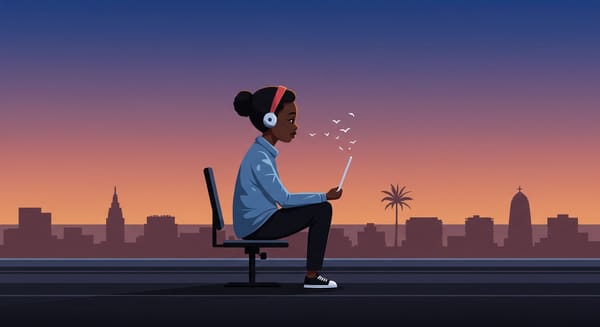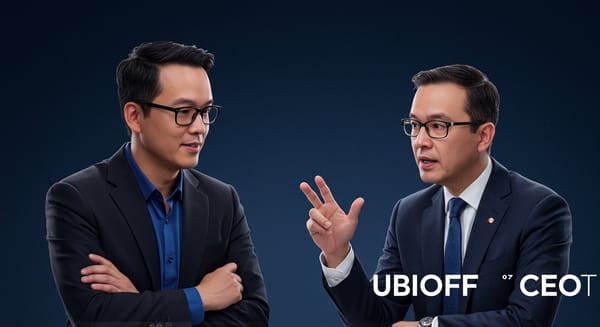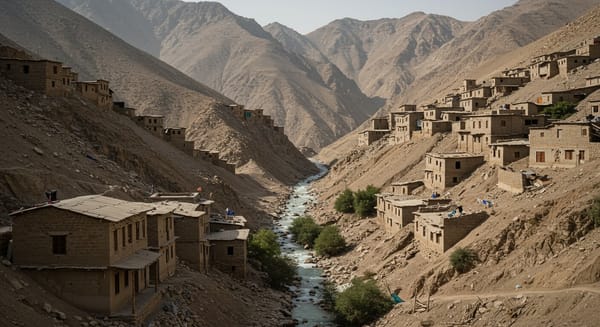Boxer Chavez Jr. Arrested by ICE Days After Jake Paul Fight
Just days after stepping into the ring for what many assumed would be another routine boxing match, former middleweight champion Julio Cesar Chavez Jr. found himself in handcuffs—but not for anything that happened in the squared circle. Immigration and Customs Enforcement (ICE) officers arrested the boxer, setting the stage for his deportation in a move that's got the sports world buzzing.
The Timing Raises Eyebrows
Here's where things get interesting. Chavez Jr. didn't exactly sneak into the country under cover of darkness. The fight against Jake Paul was announced months in advance, complete with press conferences, promotional materials, and all the usual boxing circus that comes with high-profile matches. Yet ICE waited until after Saturday's bout to make their move.
As one Reddit user pointed out, "Interesting how he was permitted to fight, and he's only arrested after everyone has made their money. It's not like it wasn't announced that he would be in the US months in advance." And honestly? That's a fair question. The optics here are, well, let's just say they're not great.
What This Means for Professional Boxing
The arrest has sent shockwaves through the boxing community, with many wondering what this means for international fighters competing in the United States. If a former world champion can be arrested days after a sanctioned fight, what does that mean for the dozens of other foreign fighters who regularly compete on American soil?
The situation becomes even more complex when you consider that professional boxing relies heavily on international talent. Mexican fighters, in particular, have been a cornerstone of American boxing for decades, drawing massive crowds and generating millions in revenue.
The Broader Immigration Enforcement Picture
This arrest doesn't exist in a vacuum. It's happening against the backdrop of what appears to be an intensified immigration enforcement effort. Social media discussions have been buzzing with speculation about how this might affect other sports, with comments like "MLB better lock the gates" highlighting concerns about potential impacts on professional athletics across the board.
Some observers are connecting this to broader policy discussions about immigration enforcement, though the specifics of Chavez Jr.'s case remain unclear. What we do know is that the timing—right after a major televised fight—has people asking uncomfortable questions about priorities and procedures.
The Jake Paul Connection
Adding another layer to this story is the fact that Chavez Jr.'s arrest comes on the heels of his match against Jake Paul, the YouTube star turned boxer who's been making waves in the sport. The fight itself was part of Paul's continued journey through professional boxing, facing increasingly credentialed opponents.
Now that fight takes on a different significance. Was it Chavez Jr.'s final bout on American soil? The irony isn't lost on boxing fans that what should have been just another step in Paul's boxing career might end up being remembered for entirely different reasons.
What Happens Next?
The deportation process isn't typically quick, which means there's still time for legal challenges or other developments. But for now, Chavez Jr. finds himself in immigration custody, a dramatic fall from the bright lights of Saturday's fight card.
The boxing world will be watching closely to see how this plays out. Will other promoters think twice about booking international fighters? Will there be additional scrutiny on athlete visas and documentation? Or will this turn out to be an isolated incident that doesn't fundamentally change how the sport operates?
Looking Ahead: Olympics and Beyond
As one commenter noted, "The Olympics are going to be a trip." And they might have a point. If immigration enforcement continues to ramp up, it could potentially complicate international sporting events, including the Olympics when they next come to American soil.
The sports world operates on the assumption that legitimate athletes with proper documentation can compete without fear of arrest immediately after their events. This incident, regardless of the specific legal circumstances, challenges that assumption and creates uncertainty for athletes, promoters, and fans alike.
The Bottom Line
Whether you're a boxing fan, immigration policy observer, or just someone who follows sports news, this story hits different because of its timing and implications. A former world champion who was publicly scheduled to fight in a televised match gets arrested by ICE days later—that's not something you see every day.
The details of Chavez Jr.'s specific legal situation will likely emerge in the coming days and weeks. But the broader questions this raises about immigration enforcement, professional sports, and the intersection of the two aren't going away anytime soon.
For now, the boxing world is left to wonder: Is this a one-off situation, or are we seeing the beginning of a new reality where international athletes face additional uncertainty when competing in the United States?
Source: Originally discussed by u/NewSlinger on r/news
Read the original post: Reddit Thread




